When dealing with rogue states, being pessimistic often means being realistic. The much-anticipated summit between Donald Trump and Vladimir Putin last week allowed the Russian leader to relish the bright Alaskan lights of summitry with Trump, buy the precious commodity of time, all while maintaining his ambition to defeat Ukraine. Amidst this week’s numerous meetings between Trump and Volodymyr Zelenskyy, a resolution to the Ukraine war remains elusive. But we must not forget that hours before Trump and Putin met in Alaska, another high-level meeting took place in Pyongyang between Kim Jong Un and the Chairman of Russia’s state Duma. It was a stark reminder that ending the Ukraine war on the battlefield is not going to end the ties between Pyongyang and Moscow.
The date of August 15 2025 now holds significance for the trajectory of the Ukraine war, but whether it marks the start of a drawn-out process of negotiations between Moscow, Washington, and Kyiv or continued lip service from Putin remains to be seen. Yet for different reasons, August 15 is also a day of commemoration on the Korean Peninsula, signifying the liberation of Korea from Japanese colonial rule as the second world war neared its conclusion. Unusually, it is one of the only public holidays celebrated across both sides of the Demilitarised Zone.
For North Korea, the occasion is a moment to chastise the once-imperial power of Japan, and – on some but not all years – host military parades in Pyongyang’s Kim Il Sung Square. After all, according to North Korea’s false narrative, Kim Il Sung led an anti-Japanese guerrilla movement all by himself in the 1930s. In South Korea, August 15 marks the day the country became a separate state to the communist North in 1948 and often witnesses the South Korean president outlining their vision for inter-Korean relations and, of course, their relations with Japan.
Hours before Trump and Putin were to meet, the visit by yet another confidante of Putin to Pyongyang only stressed how the Ukraine war is not over and any deal acceptable to all sides is a long way off. It was not just Trump who would roll out the red carpet for Putin. Kim Jong Un would do the same to Vyacheslav Volodin, who would later deliver a letter to the North Korean leader from Putin himself, thanking him for North Korea’s military support in his fight against Ukraine.
This week’s meetings between Trump, Zelenskyy, and European Union leaders make clear that whilst the interests most directly at stake in the war remain those of Kyiv, Moscow, and Washington, there are other parties. The escalating North Korea-Russia relationship – which Kim Jong Un once again described as “invincible” – has meant that South Korea is no longer a peripheral observer to the war. With military and missile technology likely heading from Moscow to Pyongyang – which will be relished by North Korea in helping to develop its nuclear and missile capabilities – a swift conclusion to the war is firmly in Seoul’s interests. Yet, although South Korea has supplied tanks, howitzers, and FA-50 fighter jets to Poland, which subsequently transfers the arms to Ukraine, Seoul remains reluctant to supply lethal assistance directly.
Giving Pyongyang benefits will only lead to further abuse, a logic which can also apply to Russia
Just over a week after having met Putin, Zelenskyy, and Western leaders, Trump will host South Korea’s leftist President Lee Jae-myung in Washington on August 25 for the first summit between the two leaders. Whilst the infamous tariffs – which negotiations between Seoul and Washington have reduced to 15 percent – will dominate talks, another topic of discussion will be the US-South Korean alliance amidst Trump’s calls for South Korea to pay more for the US’s extended deterrence and security guarantee.
How to deal with the intractable issue of North Korea will also likely feature at a time when left-wing Lee has proclaimed that South Korea does not seek to “absorb” the North and wishes to “usher in a new era of peace on the Korean Peninsula.” Speaking of peace on the Korean Peninsula is all well and good, but akin to the case of Russia, Seoul must not underestimate Pyongyang’s penchant and strategy for continued delinquency.
For all Trump’s intentions to meet Kim Jong Un and Lee’s calls for reconciliation and dialogue with Seoul’s northern neighbor, Seoul and Washington must make clear how the world cannot give Kim Jong Un what he wants, namely international recognition of North Korea as a nuclear-armed state. The easy way to convince North Korea to improve its behavior may be to ease sanctions, but Seoul and Washington must resist this time-old urge. Giving Pyongyang benefits will only lead to further abuse, a logic which can also apply to Russia. There is no such thing as a free lunch.
As global eyes were fixed on Alaska, Kim Jong Un lauded the “friendship and unity” between North Korean and Russian soldiers in the ongoing fight against “a mutual enemy.” Identifying this undefined mutual enemy, however, was no Sisyphean task: it was not just Ukraine or the United States but also the broader West. For as long as we must wait for the next Trump-Putin or Trump-Kim meeting – in Moscow or elsewhere – Russia and its allies will not relent in forging a “coalition of the willing,” united in their opposition of the United States, its allies, and its leadership of international order. For this reason, the West cannot capitulate.










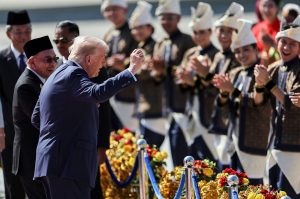
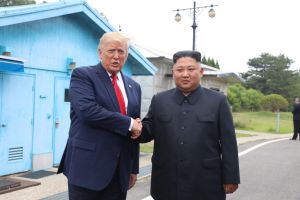
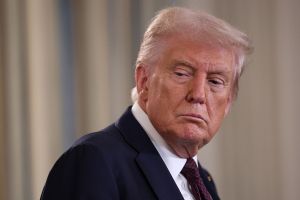
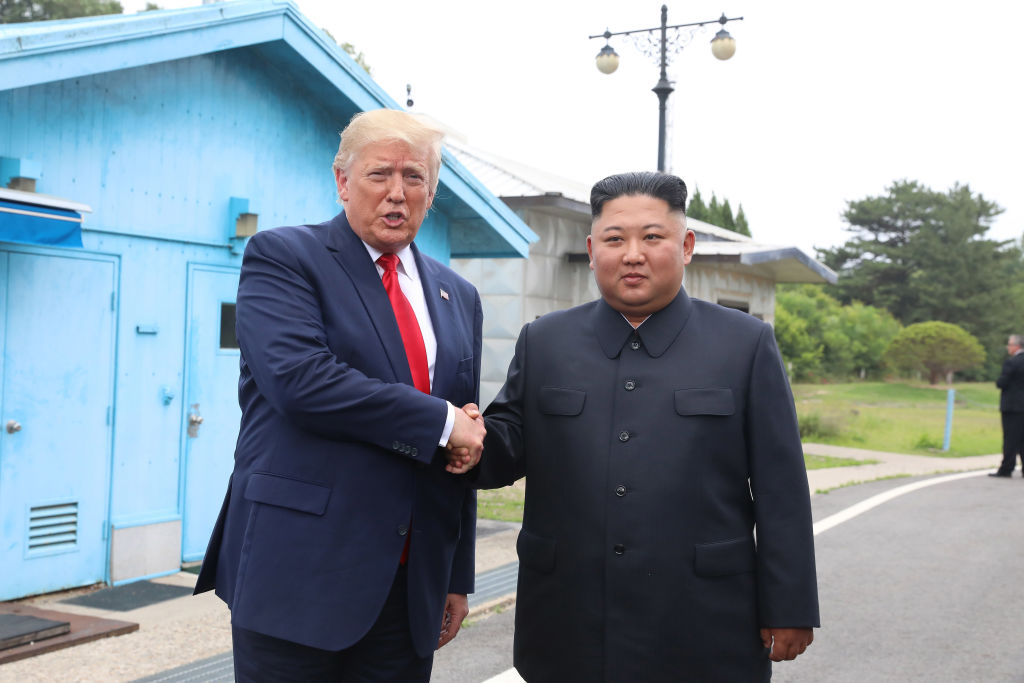
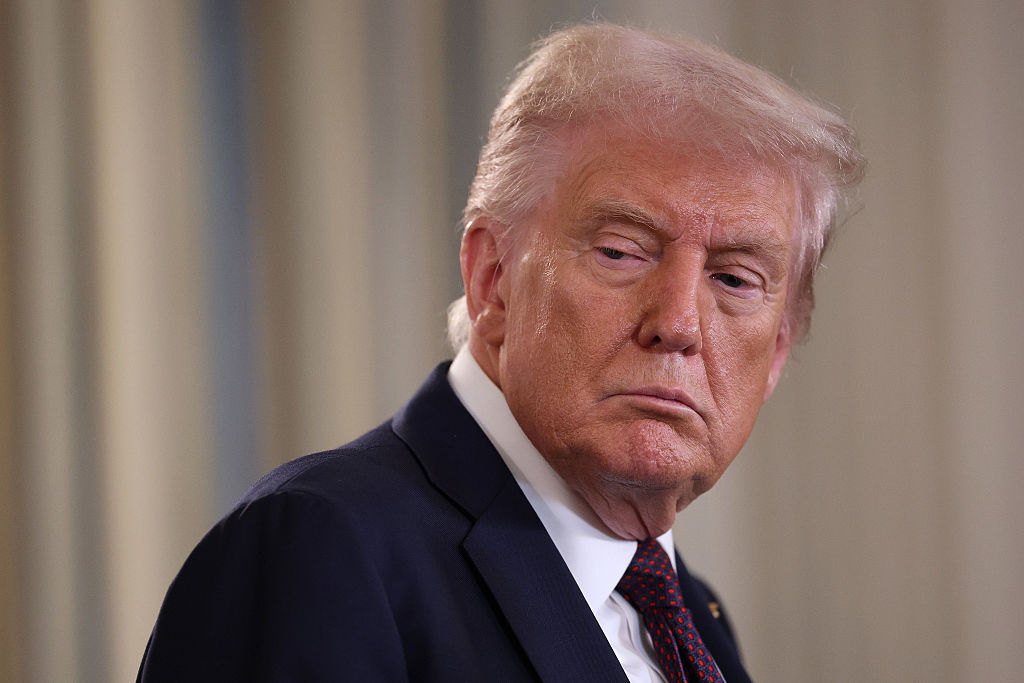
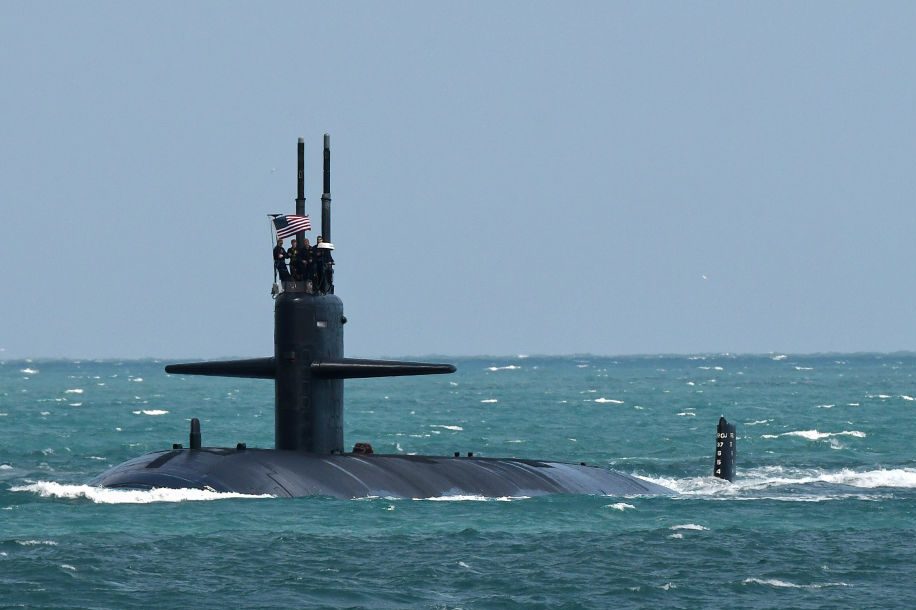
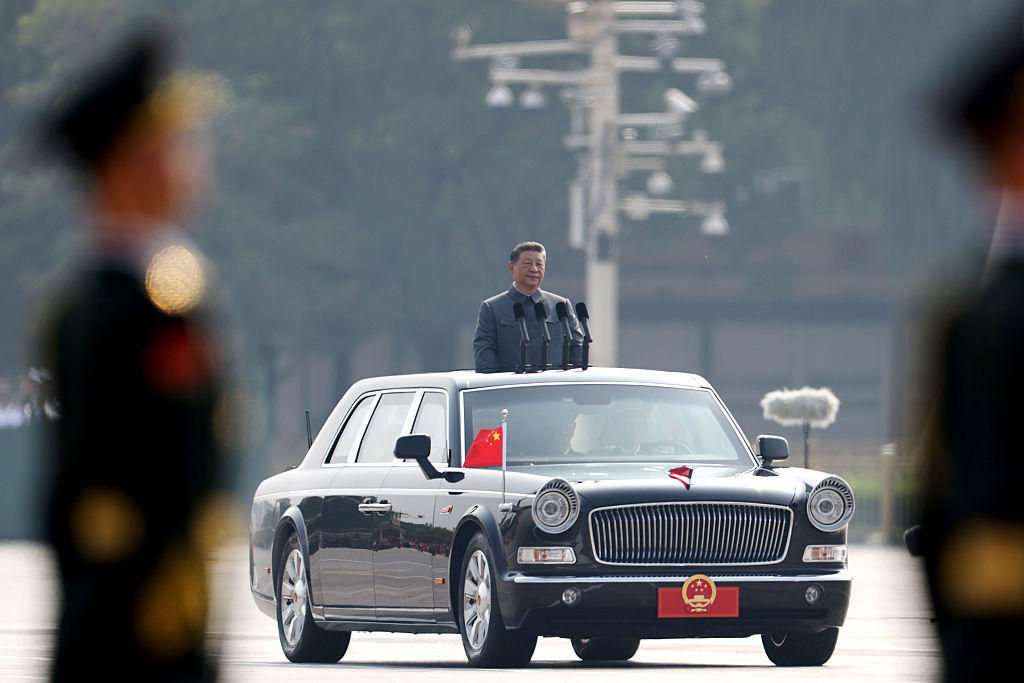
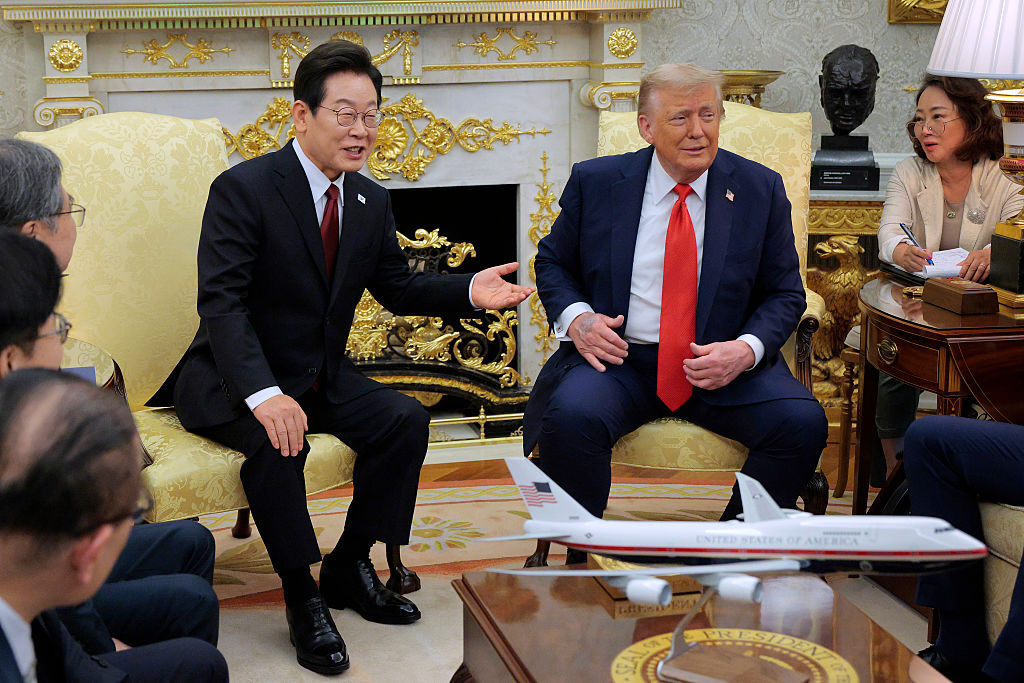
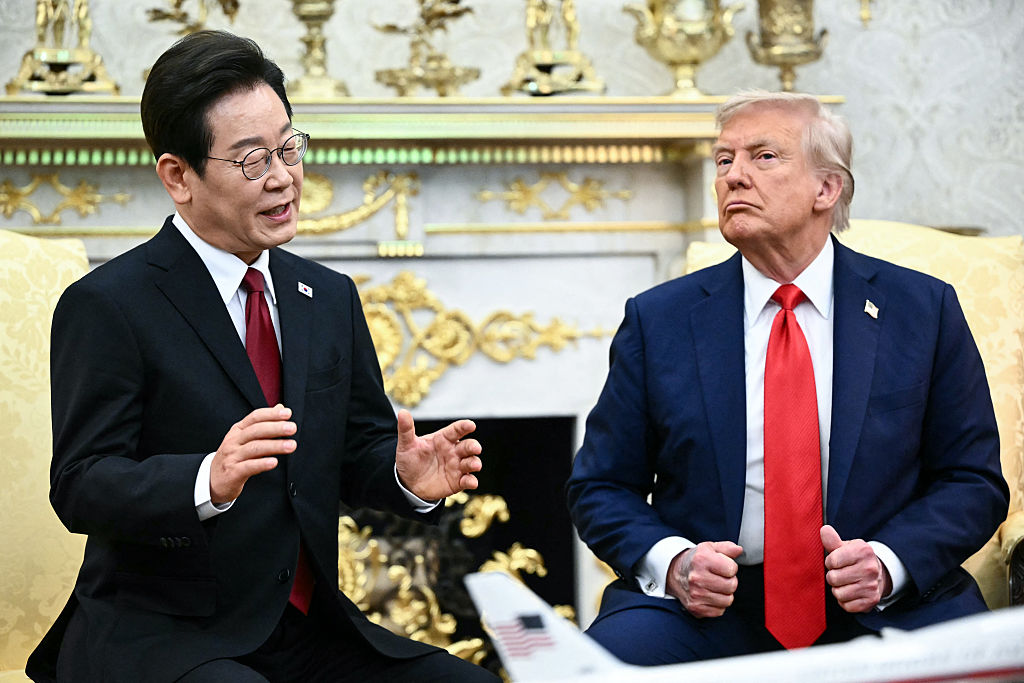







Leave a Reply